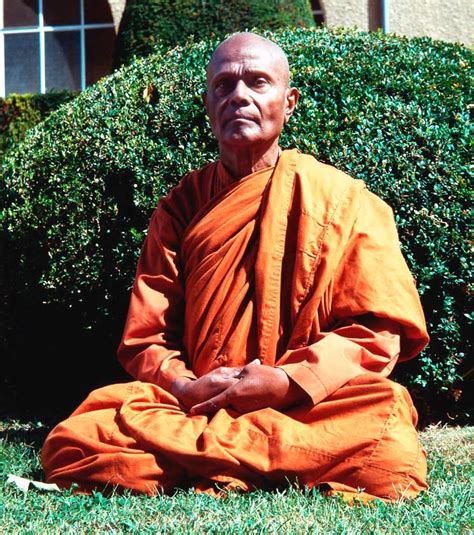A Quote by Robert Knepper
When you're a little kid, growing up, most of us know what's right and wrong. Our parents teach us that discipline.
Quote Topics
Related Quotes
A parent does not do everything for their kid. A parent that does everything for their kid produces a kid with no self-confidence. If our parents fixed everything for us and did not allow us to do anything on our own, or intervened every single time, we would all grow up to be completely dependent. The reason we grow up to be healthy adults is because our parents played this game of giving us responsibility, disciplining us when necessary, letting us try, letting us fail.
God uses suffering to purge sin from our lives, strengthen our commitment to Him, force us to depend on grace, bind us together with other believers, produce discernment, foster sensitivity, discipline our minds, spend our time wisely, stretch our hope, cause us to know Christ better, make us long for truth, lead us to repentance of sin, teach us to give thanks in time of sorrow, increase faith, and strengthen character.
If violence is wrong in America, violence is wrong abroad. If it is wrong to be violent defending black women and black children and black babies and black men, then it is wrong for America to draft us and make us violent abroad in defense of her. And if it is right for America to draft us, and teach us how to be violent in defense of her, then it is right for you and me to do whatever is necessary to defend our own people right here in this country.
The rules your parents teach you to live by are very different than the rules the world actually runs by. Most of the conventional wisdom is not only wrong, it's a lie told to us by people who want to control us. It doesn't help us, it helps them. Pretty much everything we're told as children (and adults, really) by the established power structures in our lives are made up fairytales us to reinforce that control: Santa Claus, the Easter Bunny, the tooth fairy, fat-free frozen dinners, religion, and metering lights on the highway--the list goes on
Our parents deserve our honor and respect for giving us life itself. Beyond this they almost always made countless sacrifices as they cared for and nurtured us through our infancy and childhood, provided us with the necessities of life, and nursed us through physical illnesses and the emotional stresses of growing up.
Real life is a funny thing, you know. In real life, saying the right thing at the right moment is beyond crucial. So crucial, in fact, that most of us start to hesitate, for fear of saying the wrong thing at the wrong time. But lately what I've begun to fear more that that is letting the moment pass without saying anything. I think most of us fear reaching the end of our life, and looking back, regretting the moments we didn't speak up. When we didn't say "I love you." When we should've said "I'm Sorry." When we didn't stand up for ourselves or some one who needed help.
It is our genetic nature as a species to believe as young children that our parents and elders are right. We watch them to see what's what. Later on we can judge for ourselves and rebel if need be, but when we're just months old, or a year or two, and a parent looks at us with impatience, or disgust, or disdain, or just leaves us there to cry and doesn't answer us even though we're longing to be embraced and nurtured, we assume that something must be wrong with us. Unfortunately, at that age it's impossible to think there might be something wrong with them.
I know that God loves us. He allows us to exercise our moral agency even when we misuse it. He permits us to make our own decisions. Christ cannot help us if we do not trust Him; He cannot teach us if we do not serve Him. He will not force us to do what's right, but He will show us the way only when we decide to serve Him. Certainly, for us to serve in His kingdom, Christ requires that we experience a change of thought and attitude.
While criticism or fear of punishment may restrain us from doing wrong, it does not make us wish to do right. Disregarding this simple fact is the great error into which parents and educators fall when they rely on these negative means of correction. The only effective discipline is self-discipline, motivated by the inner desire to act meritoriously in order to do well in one's own eyes, according to one's own values, so that one may feel good about oneself may "have a good conscience.
Even those who specialize in the history of philosophy often ignore the political and cultural context, and the natural world in which their philosophers were philosophizing. This has consequences both trivial and important. If you systematically read the last fifty years of the major journals in our discipline you would be amazed at the amount of redundancy. Most of this is unacknowledged because most of us know so little about the history of our discipline and even the subfields in which we work.



































